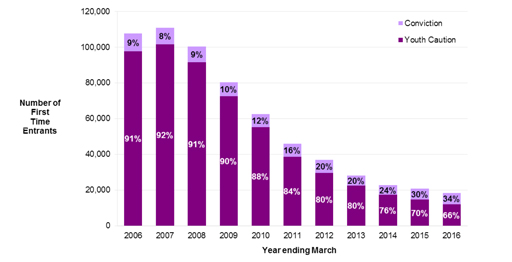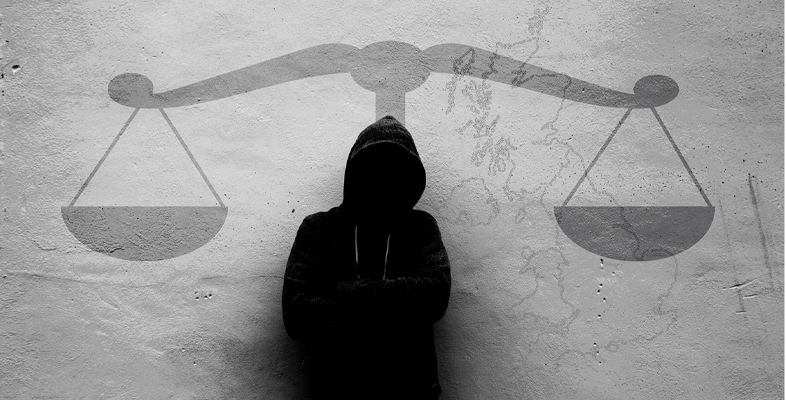5 Getting smaller, getting smarter?

The youth justice system in England and Wales is getting smaller. Fewer children are being drawn into the system. Most people involved in youth justice seem to think this is a good thing.
Influenced by developments pioneered by practitioners, policy makers and academics in Wales, the language of youth justice is changing. There is less talk of offenders and more talk of children.
Activity 6 Positive Youth Justice: Children First, Offenders Second (CFOS)
Read this blog by two academics who have been involved in developing practice in Wales and supporting more widespread use of their CFOS approach.
Children first, offenders second [Tip: hold Ctrl and click a link to open it in a new tab. (Hide tip)]
Use the box below to write a short summary of why they promote CFOS. This will help you to absorb the argument they make and think about its implications.
Discussion
Children First, Offenders Second (CFOS) has come a long way in a relatively short period of time. It has moved from the margins of policy, promoted by two determined academics and an alliance of enthusiastic practitioners, to occupy a central position in youth justice.
